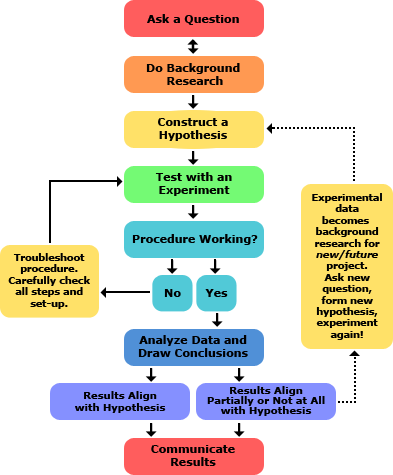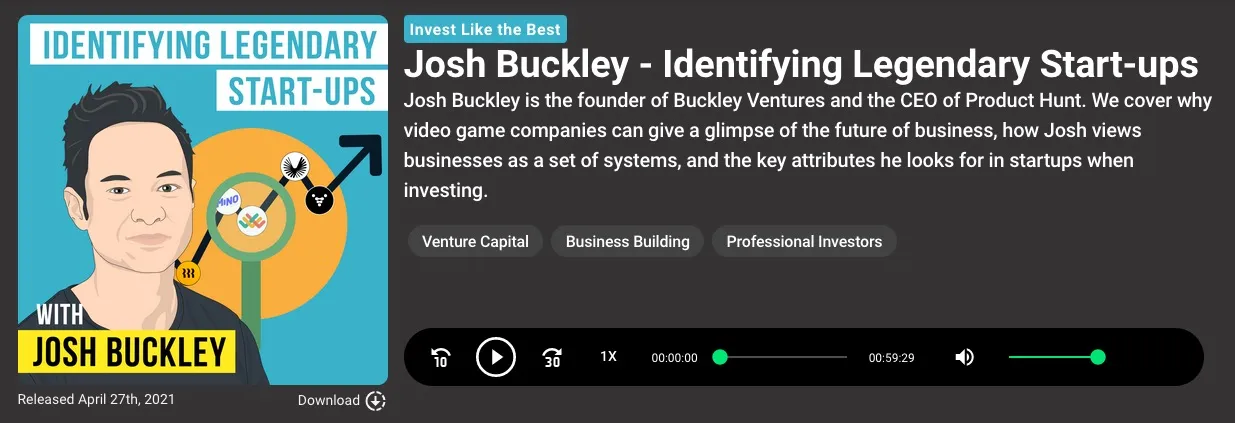Informal guidelines for running a link blog
Simon Willison describes the "the informal set of guidelines" for running a link blog. I mentioned in Welcome to my commonplace notes,
A commonplace book is a personal compilation of knowledge, ideas, quotations, and observations...from various sources for future reference and reflection.
In that sense, a commonplace notes is lot like a link blog. So guidelines that Simon mentions are applicable to anyone who keeps a commonplace notes or digital garden or by any other name they are called.
Simon mentions: having such notes is "low stakes, high value writing". Since you are only curating, the stakes are extremely low. It is an easy way to get started with blogging.
His guidelines are (I'm paraphrasing):
- Always include names of the people
- Add something extra. Pick out the key idea and highlight it or provide extra context or tie it together to other similar concepts
I have gone back and forth with keeping Twitter or Mastodon or Bluesky as a link blog. Since every social media platform eventually goes through enshitification, I decided to keep my blog itself as a commonplace notes.
I will try to follow Simon's guidelines.

